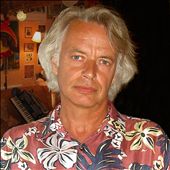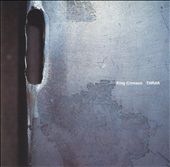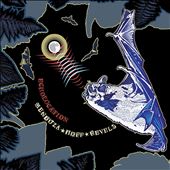Pop/Rock • Art-Rock/Experimental
Avant-Prog
Avant-Prog is short for avant-garde progressive rock. This style appeared in the late 1970s as the extension of two separate prog rock sub-styles: Rock in Opposition (RIO) and prog of the Canterbury scene. The latter, with groups like Egg, Soft Machine, Caravan, and Hatfield & the North (all based in or around the town of Canterbury, England), favored complex compositions bridging classical, rock and jazz idioms, often wrapped in a very British sense of humor that eschewed the typical science-fiction/mystical themes of mainstream prog rock. RIO was a semi-organized movement of the late 1970s regrouping the rock-based avant-garde groups Henry Cow, Etron Fou Leloublan, Univers Zero, Samla Mammas Manna, and Stormy Six. RIO is a term restricted to temporal limits; Canterbury prog to geographical limits. The late 1970s onward saw the development of an avant-prog scene often functioning in the margin of mainstream prog. A host of groups and artists mainly from the USA, but also from Europe and Japan, started to write mostly short instrumental pieces that focused on complexity and stripped down instrumentation, while avoiding the pomposity and stage props of the big prog acts. Some groups (Thinking Plague and the Motor Totemist Guild, for instance) kept working with epic durations and rich instrumentation but also forayed into free improvisation, sound collage, and other avant-garde techniques. These artists found homes in record labels such as Cuneiform (USA), Recommended (later ReR Megacorp, England) and Rec Rec (Switzerland). Best known groups include Doctor Nerve, Forever Einstein, News from Babel, Miriodor, Boud Deun, Birdsongs of the Mesozoic, and The Muffins.

























